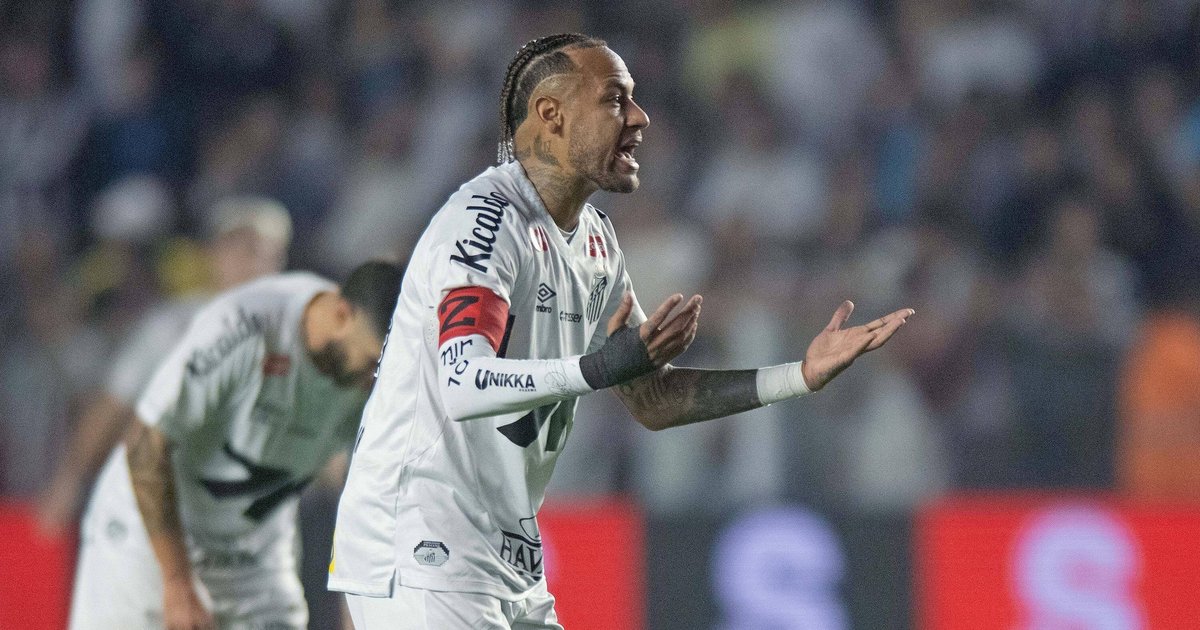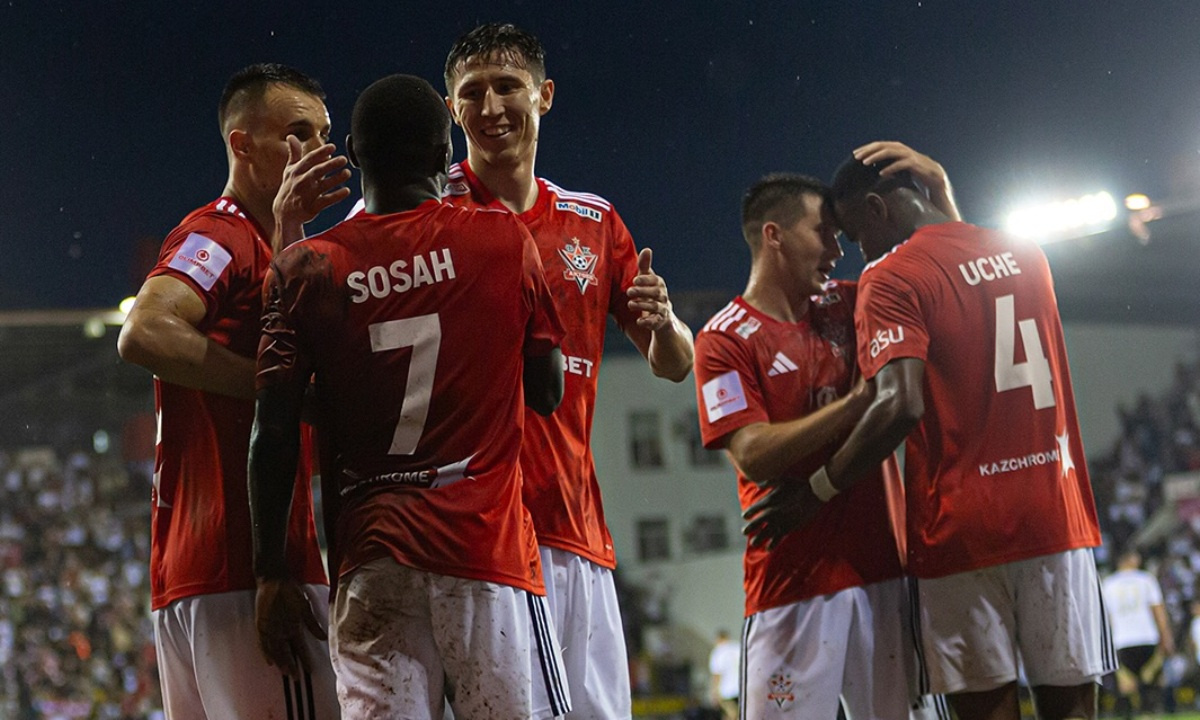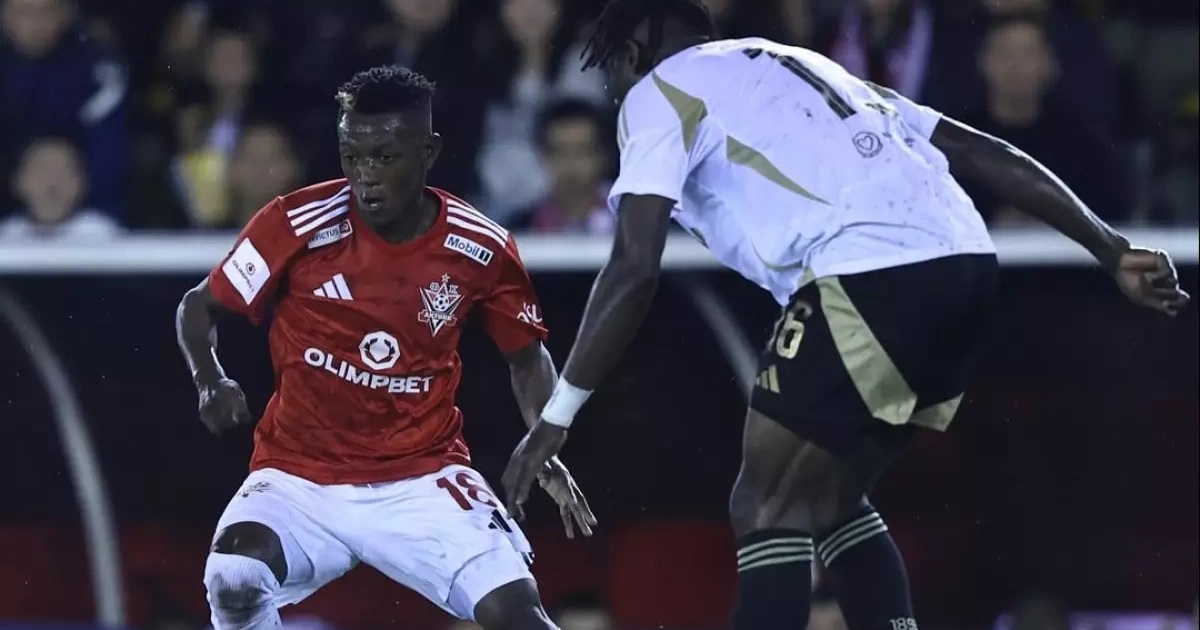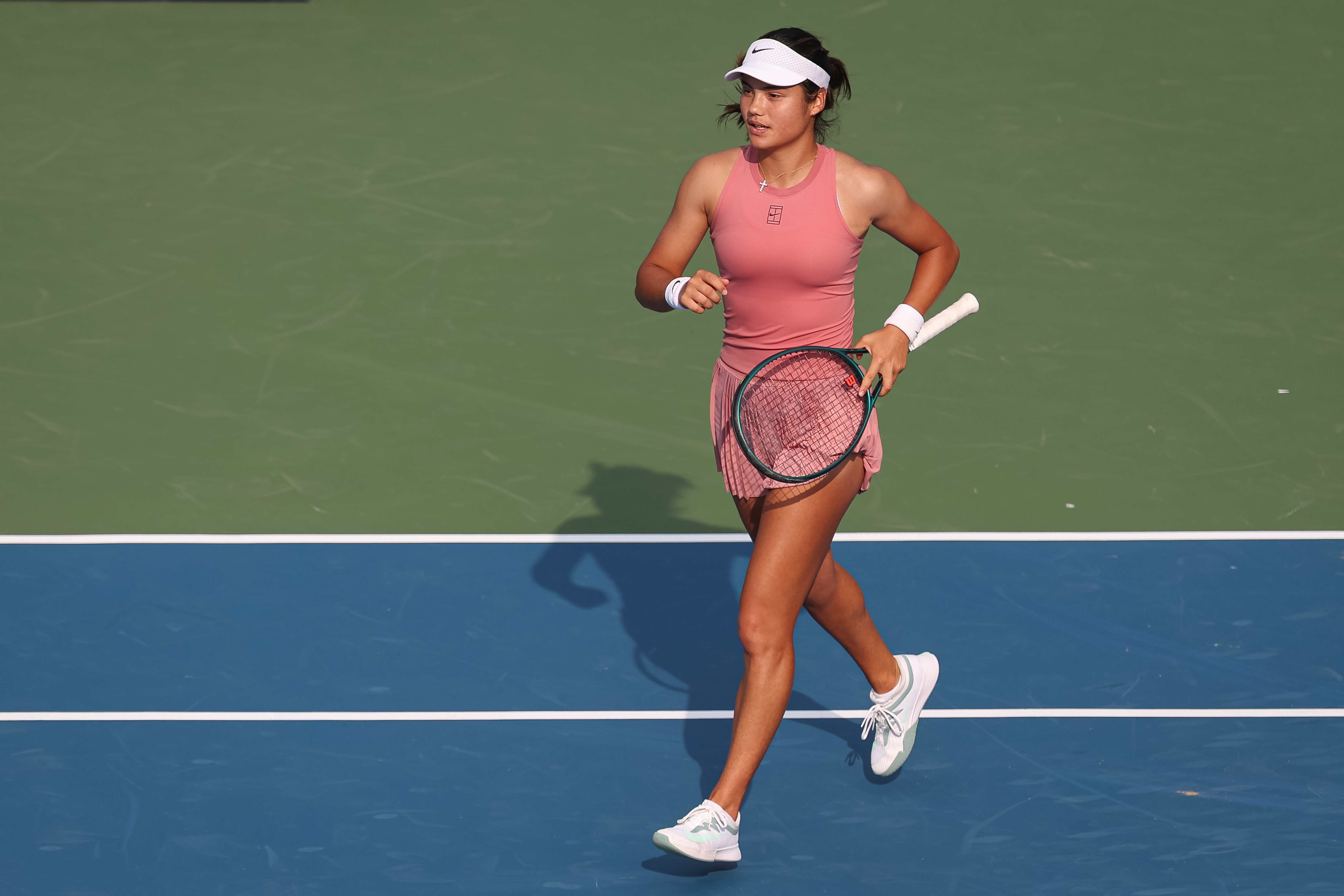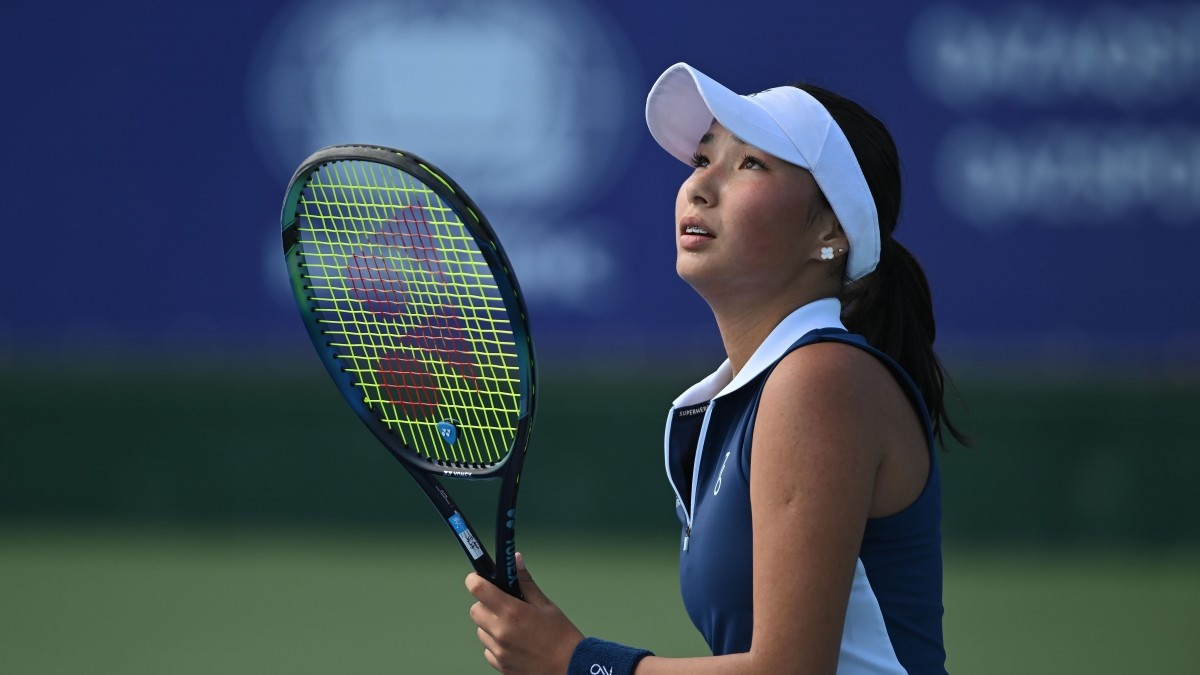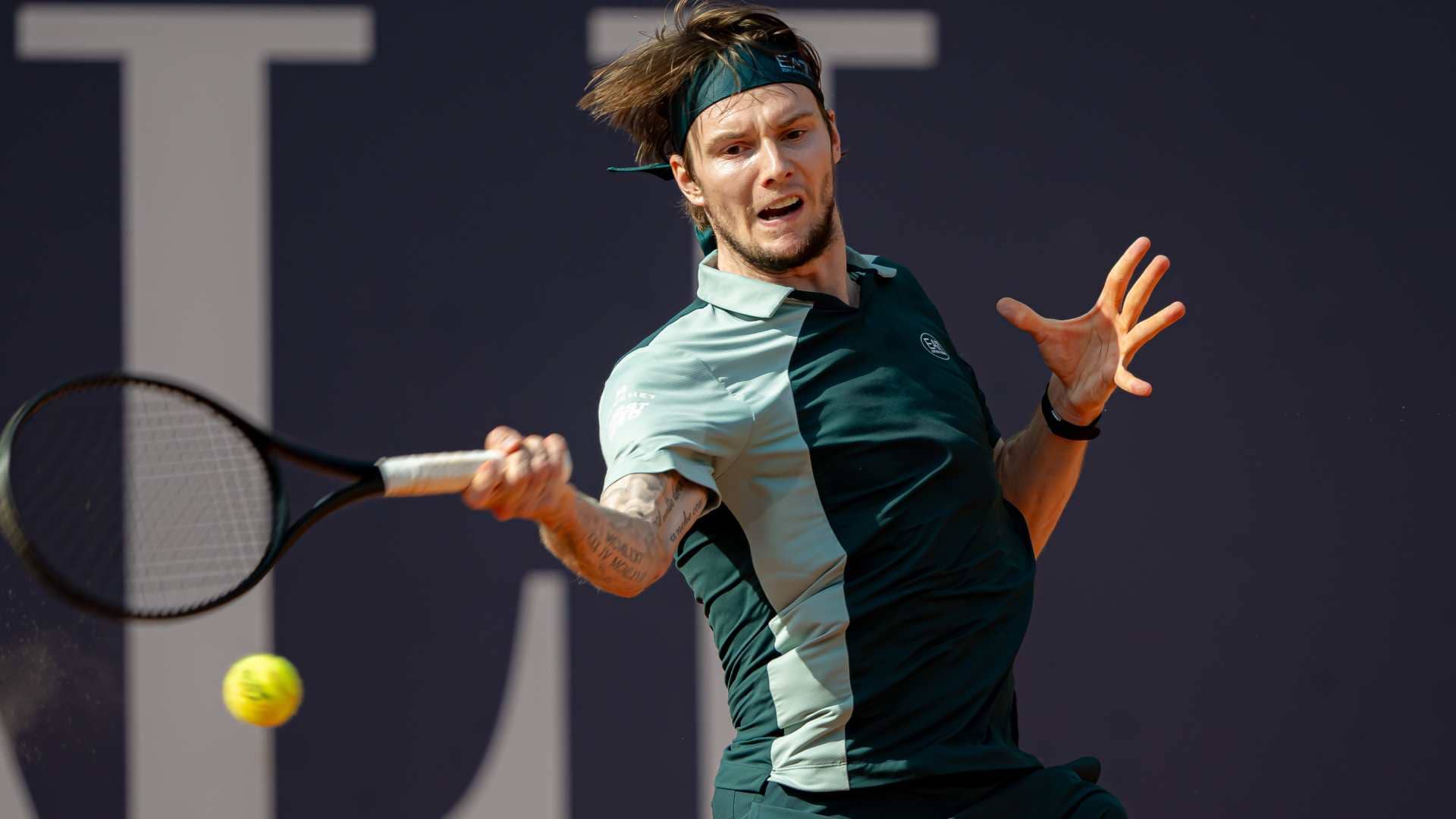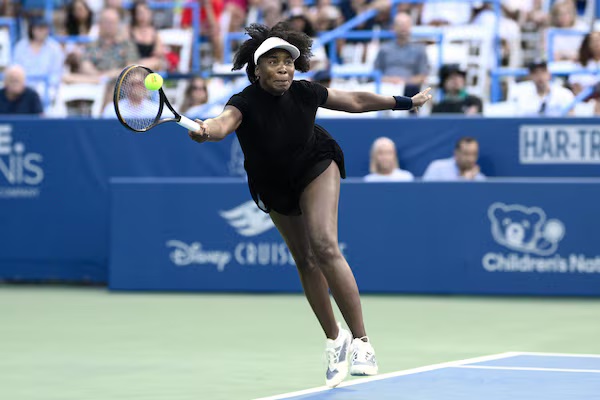In a recent interview, Golden State Warriors star Stephen Curry discusses the need for changes in the NBA Collective Bargaining Agreement, arguing that players deserve a greater share of league profits. Curry emphasizes the importance of player participation in ownership stakes and highlights the significant revenue growth in the league, advocating for fairness in player contracts and compensation.
Stephen Curry Advocates for Higher Player Compensation in the NBA
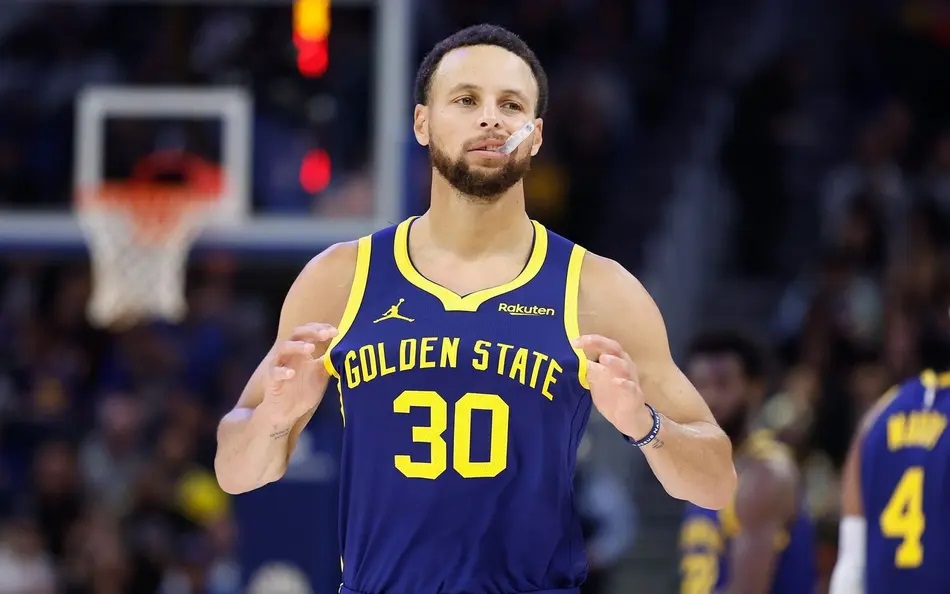

NBA News Post: "Warriors Leader Stephen Curry Advocates for Higher Player Compensation"
In a recent candid interview, Golden State Warriors superstar Stephen Curry expressed his concerns regarding the current structure of the NBA Collective Bargaining Agreement (CBA) and its implications for player compensation. Curry, who has long been a vocal advocate for player rights and equity within the league, believes that basketball players deserve a more substantial share of the league's profits, particularly in light of the significant revenue growth the NBA has experienced over recent years.
According to Curry, the inability of players to participate in the ownership stakes of their teams is a significant oversight that undermines the partnership dynamic between players and team owners. "Due to the way the current collective bargaining agreement is structured, we cannot participate in ownership stakes," he stated. "This is critically important because we are in a partnership with team owners. We're partners in the league. However, our share of these revenues is short-term."
Curry pointed out the staggering disparity between player salaries and the league's financial growth. He referenced the massive contract signed by Oklahoma City Thunder star Shai Gilgeous-Alexander, worth $285 million over four years, as indicative of the current market. While these figures may seem astronomical, Curry highlighted a crucial point: "If you look at the league's revenues, they have likely grown tenfold compared to past years." This reality casts doubt on the fairness of the existing compensation model and raises questions about whether players are being adequately compensated for their contributions to the game's success.
Curry's comments come at a time when the NBA anticipates its revenue for the 2024/2025 season to reach an impressive $10.247 billion. According to the current collective bargaining agreement, players are entitled to 51% of this total revenue. However, adjustments made to escrow accounts, due to actual revenue falling short of expectations, have resulted in players losing approximately $484 million. Consequently, the effective earnings of the players have diminished to around $4.742 billion, which translates to approximately 90.9% of what was originally stipulated in their contracts.
"This is one of the reasons why I will say, yes, we are underpaid," Curry asserted, reflecting on the challenges faced by current players in receiving their fair share of the league's profits. He expressed hope for future changes in the CBA that would allow players to have a more active stake in team profits, revenue sharing, asset valuations, and everything that comes with it. "I believe we deserve that," he concluded firmly.
Curry's remarks resonate not only as a call for better player compensation but also as an acknowledgment of the considerable revenue that players generate through their performances, fan engagement, and marketability. As the NBA continues to flourish and break revenue records, the tension around player compensation will likely remain a hot topic of discussion among players, owners, and analysts alike. With an increasingly spotlighted debate on the economic aspects of professional sports, one thing remains clear: the conversation around equity and fair compensation in the NBA is just getting started.
As sports fans await the league's response and any potential changes to the CBA, it will be fascinating to see how this dialogue impacts the future of player contracts and ownership structures in the NBA. Players like Curry, who are not only superstars but also powerful voices within the league, will continue to advocate for what they believe is a fairer share in the partnership that defines professional basketball.

 বাংলা
বাংলা  Spanish
Spanish  Arabic
Arabic  French
French  Chinese
Chinese 
